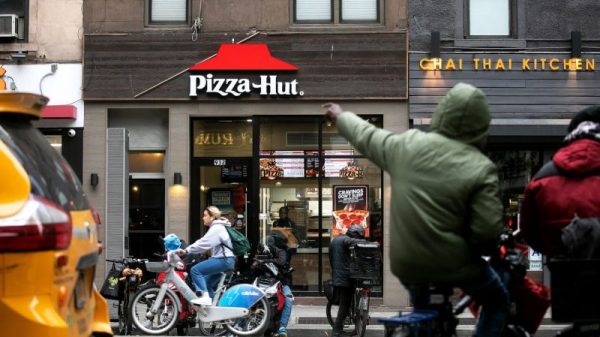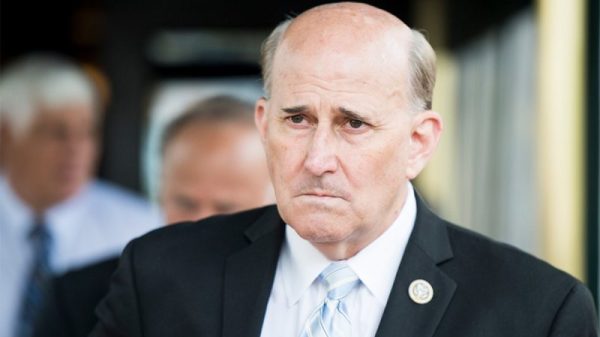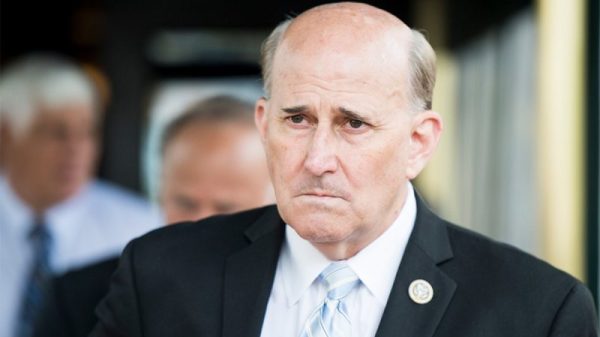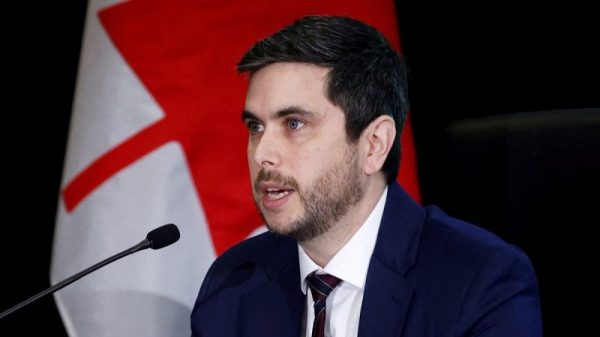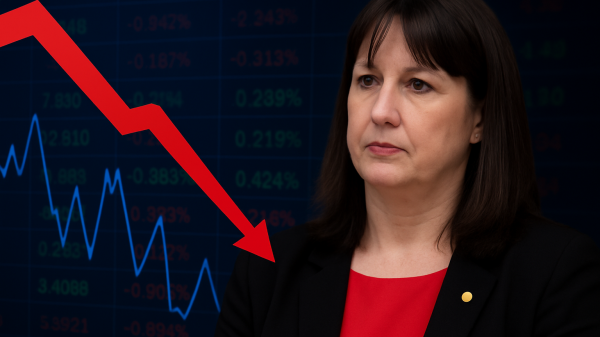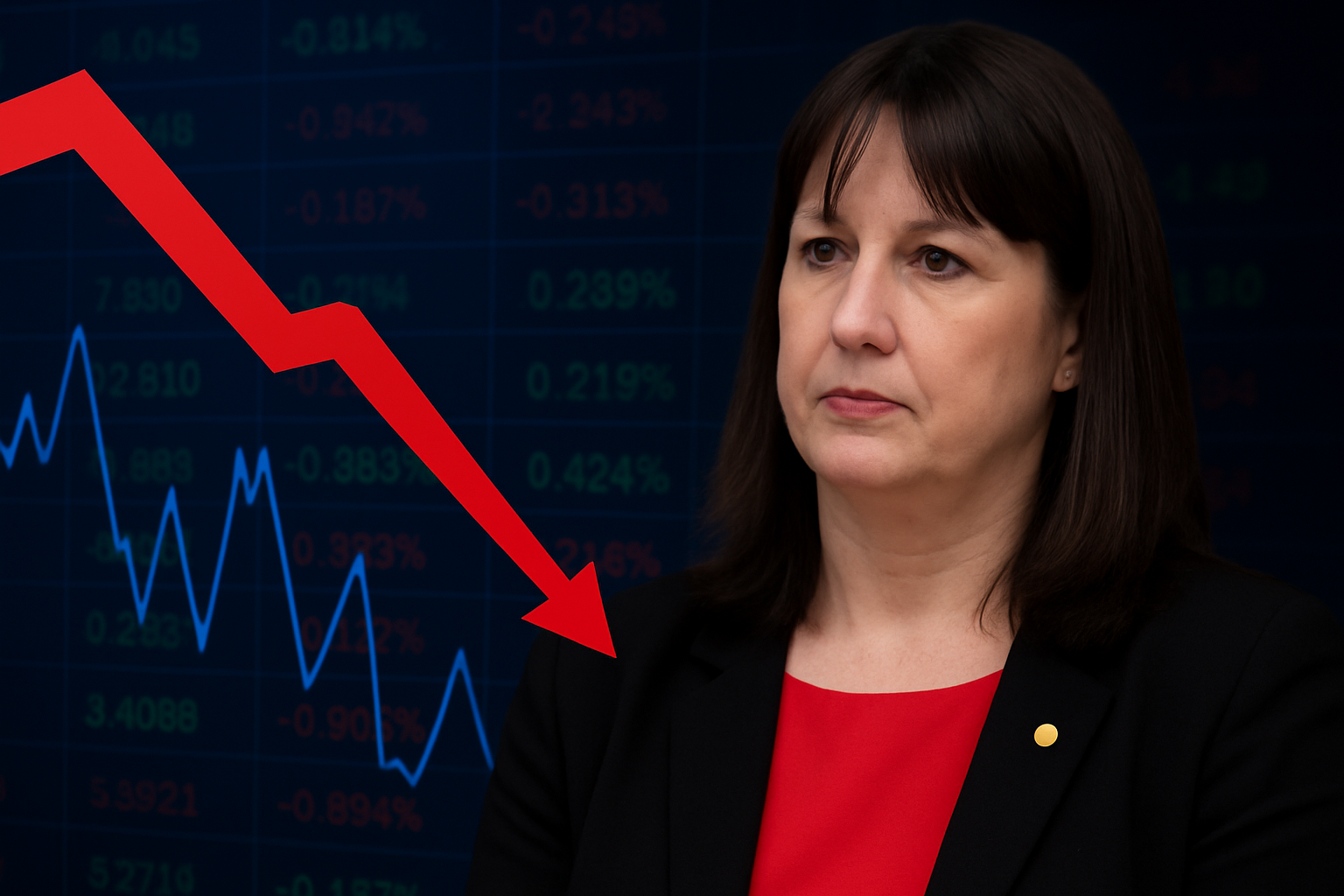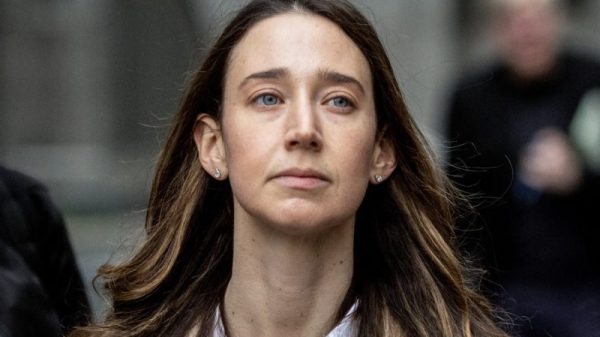Rachel Reeves is set to abandon a planned rise in income tax in her upcoming budget after a tumultuous week inside the Labour Party, with the chancellor reportedly reversing course under mounting pressure from both markets and party infighting.
A senior source told the Guardian that the proposal, which would have broken a key manifesto pledge, has been dropped by Reeves and Prime Minister Keir Starmer.
The dramatic U-turn comes after days of briefing wars within the party, during which allies of the prime minister insisted he would resist any leadership challenge.
Senior figures were forced to deny speculation that Health Secretary Wes Streeting was positioning himself as a potential successor.
The Financial Times first reported the reversal, saying the updated plans were sent to the Office for Budget Responsibility on Wednesday.
Downing Street did not deny the reports but declined to comment on budget matters.
Reeves had already informed the OBR of her intention to raise income tax, making the pivot particularly striking.
The FT said the chancellor may now instead revisit thresholds at which people pay tax, a move critics say would amount to a tax rise by stealth.
Markets react sharply; economists say the government’s credibility at risk
The shift has unsettled financial markets. Sterling fell nearly 0.5% to $1.3129 while weakening against the euro.
The FTSE 100 slid 1.1%, with bank stocks bearing the brunt of the decline.
Bond markets reacted more forcefully: 10-year gilt yields rose 10 basis points, two-year yields climbed 9 basis points, and 30-year yields jumped 12 basis points.
“The initial negative reaction for the pound today … is an indication that the government’s fiscal tightening plans are viewed as less credible by market participants without an income tax hike,” said Lee Hardman, senior currency economist at MUFG.
“The decision to drop the income tax hike could be viewed as the Labour leadership prioritising their popularity with the public and the stability of the Labour party over doing what is best to restore confidence in the public finances,” he said.
Kathleen Brooks, research director at XTB, said Reeves’ reversal leaves a widening credibility gap, with markets unnerved by what they view as billions in unfunded commitments.
The government now faces an estimated £30bn fiscal shortfall with less than two weeks before the budget.
“Essentially, the bond market is warning the chancellor that she cannot merely tax the ‘rich’ to fund her lavish spending pledges. Either she broadens the tax base, or she cuts spending,” she said.
Brooks said investors now expect what she called a “death by a thousand cuts” budget, with dozens of smaller tax rises introduced to shore up the fiscal position and cover commitments such as boosted defence spending, increased welfare costs and scrapping the two-child benefit cap.
Economist Kallum Pickering at Peel Hunt said this would be a “bad outcome”.
“It would add to uncertainty, further damage the government’s already tarnished credibility, and complicate any BoE judgment to potentially offset tax rises with rate cuts.”
A scramble for alternatives to plug the fiscal hole
Government sources cited by The Guardian said Reeves and Starmer will now rely on a series of smaller measures to fill the expected multibillion-pound gap.
Productivity downgrades and earlier U-turns on policies, including winter fuel allowance cuts and disability benefit reforms, have already complicated the fiscal picture.
Among the measures under consideration is a higher levy on gambling, an idea pushed by former prime minister Gordon Brown to cover the cost of ending the two-child benefit limit.
Treasury insiders, however, say revenues from such levies would fall far short of funding the policy.
The retreat comes less than two weeks after Reeves signalled her willingness to break the manifesto pledge during an unexpected Downing Street press conference, where she refused to rule out raising income tax.
“As chancellor, I have to face the world as it is, not the world that I want it to be,” she said at the time.
The combination of political turbulence and fiscal uncertainty now leaves Reeves facing a difficult path to her 26 November budget, with markets, MPs and voters all watching closely for signs of how she intends to stabilise the government’s economic strategy.
The post UK fiscal credibility at risk as Reeves plans to abandon income tax rise, economists warn appeared first on Invezz







